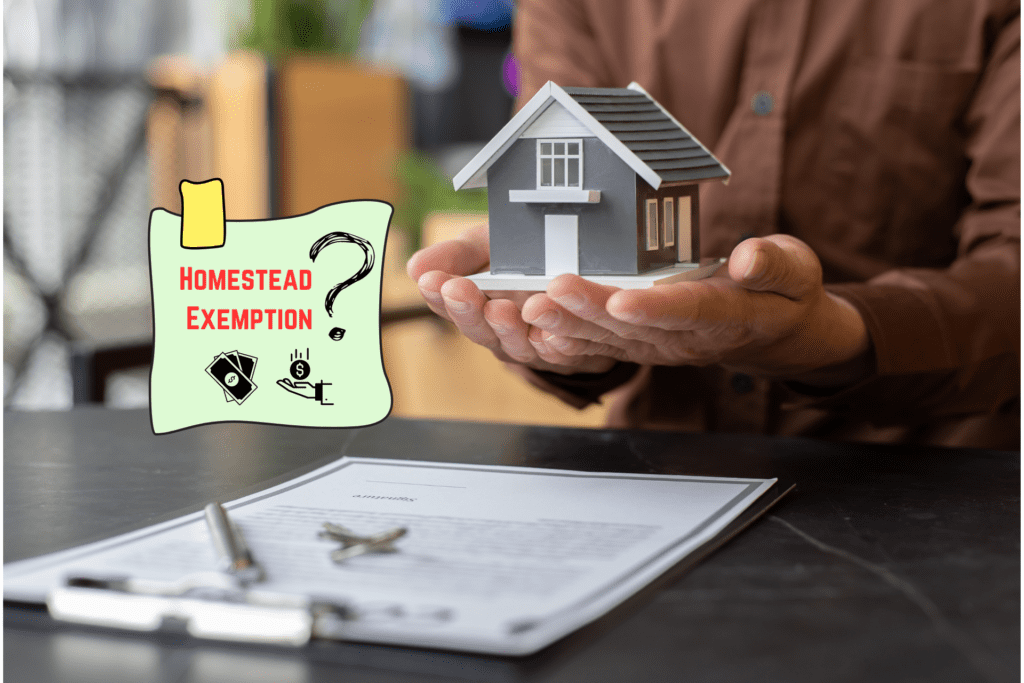
The homestead exemption is the amount of equity in a property used as a home that cannot be taken by creditors or a bankruptcy trustee.
Generally, when one files a bankruptcy, the amount of the homestead exemption is based on the law of the state where one resides.
The homestead exemption varies quite a bit by state. In California, it is $600,000. Pennsylvania and New Jersey have a Zero homestead exemption. Some states have a small exemption – Kentucky, Virginia and Tennessee have $5,000. Some states have unlimited Homestead exemptions, such as Texas, Florida, Oklahoma, Iowa, Kansas, Arkansas and DC.
Although generally the debtor is entitled to whatever homestead exemption is available in his or her state, the bankruptcy code provides that “ . . . a debtor may not exempt any amount of interest that was acquired by the debtor during the 1215-day period preceding the date of the filing of the petition that exceeds in the aggregate $125,000 in value” in property the debtor claims as a homestead. 11 U.S.C. Sec. 522(p)(1).
Thus, the debtor can only claim the full value of his / her state’s exemption if the property was acquired more than 1,215 days (about 3 years 4 months) before the bankruptcy was filed.
This rule does not apply if the debtor owned a homestead property in the same state prior to the 1,215 day period, sold that property and used the proceeds to acquire the current property. 11 USC Sec. 522(p)(2)(B).
Note that most of the exemptions listed above are actually a slightly higher amount, because there are periodic cost of living increases to exemptions.
For a free consultation regarding bankruptcy or alternatives to bankruptcy, call (213) 509-1515.
